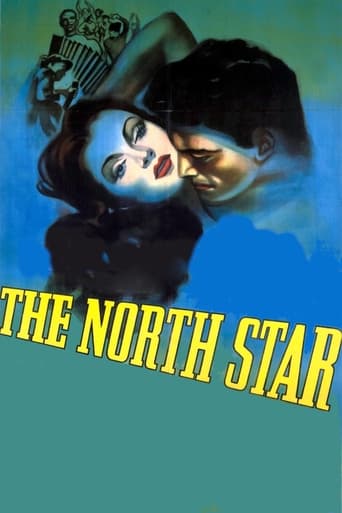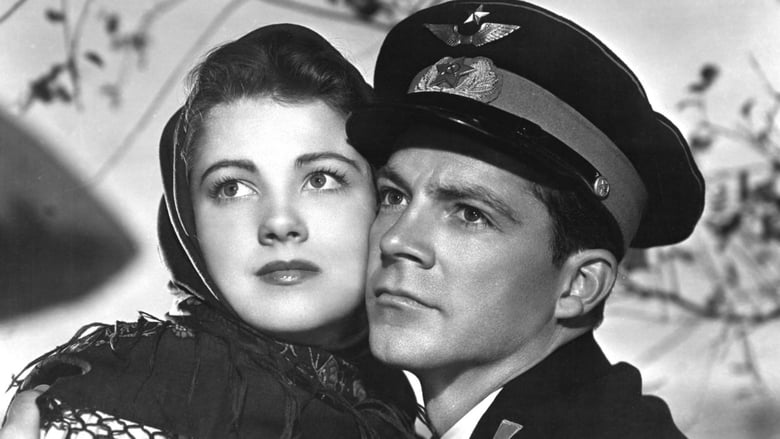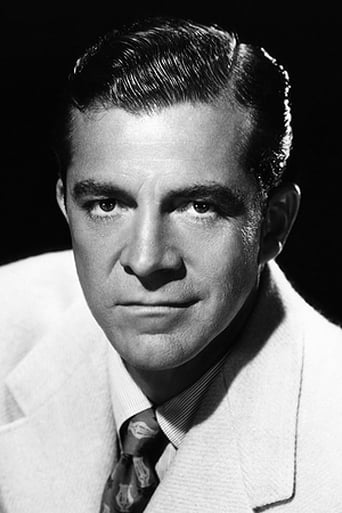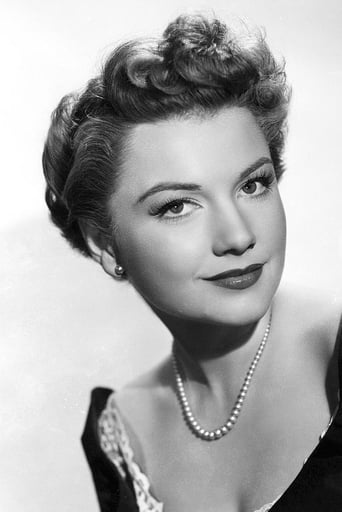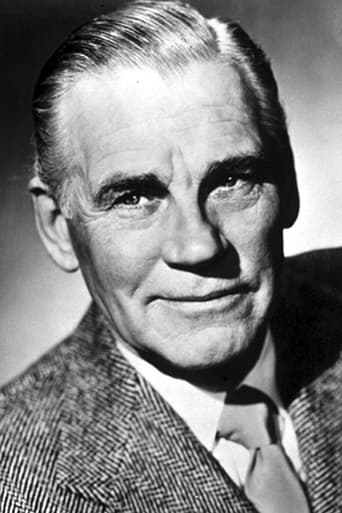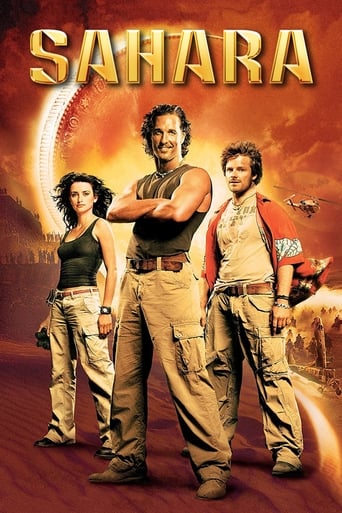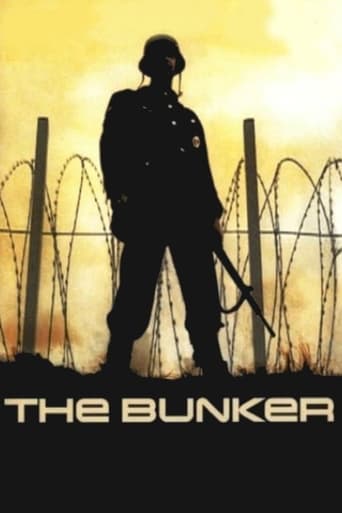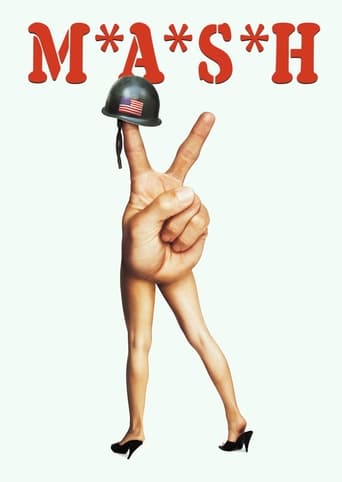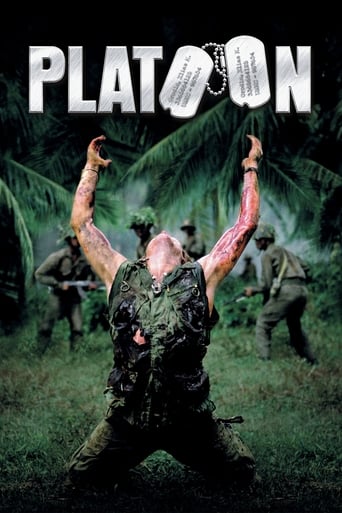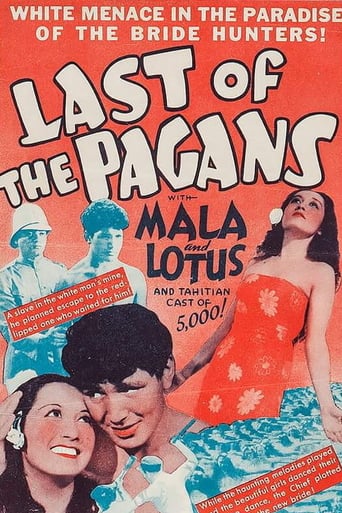The North Star (1943)
A Ukrainian village must suddenly contend with the Nazi invasion of June 1941. Later re-edited and released as "Armored Attack."
Watch Trailer
Free Trial Channels
Cast


Similar titles
Reviews
SERIOUSLY. This is what the crap Hollywood still puts out?
Let's be realistic.
From my favorite movies..
The story-telling is good with flashbacks.The film is both funny and heartbreaking. You smile in a scene and get a soulcrushing revelation in the next.
An historical curiosity or unintentional camp classic, producer Samuel Goldwyn's "The North Star" is unabashed Hollywood propaganda intended to evoke sympathy for the Soviets after their former ally, Nazi Germany, invaded in 1941. Written, directed, and designed by people seemingly ignorant of Russia under Josef Stalin, the film's first half hour depicts an idyllic Russian village, where happy healthy peasants break into song at the slightest provocation. The sanitized town is swept clean, and peasant huts resemble Southern California bungalows. The cutsy situations and coy acting make the film a tough slog, and the corny singing and smiling often trigger a gag reflex. However, war intrudes on this Communist paradise, and the smiles and singing disappear. The dastardly Germans send the Luftwaffe to bomb an empty field, destroy farm wagons, and kill women and children. Under General Erich von Stroheim, the Germans impose their evil will, and the noble Russians stoically resist with great personal sacrifice.This laughable movie wastes the talents of director Lewis Milestone, who helmed the classic "All Quiet on the Western Front," and a large well-scrubbed cast that includes Anne Baxter, Farley Granger, Dana Andrews, Walter Huston, and Walter Brennan, all of whom play their parts oh so seriously. When the well fed and perfectly made-up Anne Baxter utters, "You read about hunger, but you don't understand it until it happens to you," viewers will struggle to stifle the giggles; Baxter deserved an Oscar just for reading the line without cracking up. Occasionally Russian and German accents are attempted, but quickly discarded, and lines are read as though the cast were a Kansas City summer stock company. Farley and Andrews are brothers; Farley is a scholar off to university in Kiev; Andrews is in the Soviet air force; Farley and Baxter are in love; Jane Withers pursues Andrews; does anyone really care? The villain of this disaster is Lillian Hellman, who wrote the story and screenplay. Viewers will be incredulous that the author of "The Little Foxes" and "The Children's Hour" could pen such lines as: "the face of war is ugly and not for the young, we're not young anymore;" or "one day you're home, the next day here you are." The script should be studied in film school as an example of execrable screen writing. Woody Allen could update his masterwork, "Love and Death," to World War II and find a trove of inspiration among the film's campy lines and situations. Another shock is that Aaron Copland wrote the film's overbearing bombastic score that intrudes whenever possible. To his credit, the master cinematographer James Wong Howe visually evokes a Russian movie; he fills the screen with sky and reduces figures to a tiny silhouetted line across the bottom. At times, the actors are filmed against cloudy skies, an indication that Howe at least did his homework, although he struggles with fake sound stage sets and obvious rear projection."The North Star" presents a dilemma. Should the film be recommended for its historical value as an example of World War II Hollywood propaganda? Should it be suggested as fodder for campy commentary by bitchy queens? Should the movie be featured on Mystery Science Theater 3000 and ripped apart by the robots? Should "The North Star" be shunted into the dustbin of cinema history for the bad film that it is? Perhaps all of the above or none of the above. Does anyone care?
My parents took me to see this film at the Rex cinema in Hanworth England in 1943. I was 6 years old! About half way through the film, there was an air raid. We had to leave the cinema and go to a shelter. I remember the story and especially the song, which the children were singing on the cart. The film has been shown many times on television, but I have never been able to watch it. I guess that this must have some connection with the air raid. I am now 74 years old and the film is being shown again on television tomorrow afternoon. I hope to finally be able to watch it all the way through, at long last and lay to rest whatever has prevented me doing so previously.I have finally seen this film to the end! Not bad after 68 years. I now realise why it made such an impression on me. In the film, the children and some adults were bombed and machine gunned by aircraft, after jumping from the carts into a ditch. It was at this point that we had to leave the cinema because of an air raid, having just seen children killed on the screen. I had already experienced many air raids at the age of 3 years and 9 months, during the Septmber 1940 Blitz and I still have vivid memories of the bombing, destruction and fires. Am I correct, or is my memory failing in that I believe the original title for the U.K release was 'The Red Star'???
So says Anne Baxter as a Russian peasant girl fighting the Germans in this 1943 war drama. The sentiment is nice, and while the propaganda at that time was necessary, time has proved this line to be false. Like dozens of other war dramas made at the same time, it made a promise that was impossible to keep. In this small Russian village, it appears everybody is content, gets along, and lives their life without major strife. But with the Germans looming in the background, already have invaded other sections of Russia, their days of a peaceful life are numbered. After a horrific sky attack, the peasants get together and plot their response to the carnage.Poor doctor's wife Ann Harding is the first to feel the affect of the Nazi's cruelty. When she is questioned about her husband Walter Huston's whereabouts, she refuses to divulge the information and is brutally beaten to the point of incapacitation. The young people (including Baxter, Jane Withers and Farley Granger) take to the woods, and in the case of pilot Dana Andrews, he takes to the sky where they plot attacks on advancing German troops. They all have the same goal, to preserve their way of life and not fall prey to the Nazi's terrorism. All of the battles are excellently filmed, and some of the scenes are quite horrific.The most evil figures in the film are not the soldiers or German officers, but two Nazi doctors (Erich Von Stroheim and Martin Kosleck) who use the peasants for their blood to cure wounded German soldiers. As these vampire doctors do their thing, we learn that they have two different motives for their actions. Von Stroheim, who would wear officer stripes as German General Rommel in several films, hates the Nazi way of life but for the purpose of self-preservation and his own agenda. Kosleck, a veteran of roles documenting Nazi evil, truly believes in the Nazi agenda. This makes Von Stroheim the more dangerous of the two. I also wonder if using Russian blood would make the German soldiers not be considered 100% Arian, thus defeating the Nazi agenda. If so, then this film has a flawed detail that they greatly overlooked.Overall, this film is an episodic look at what these peasant lives are like. It's a film pretty much without plot, and definitely without a traditional conclusion. It's a series of various attacks between the Russians and the Germans without real exploration as to each of these characters are. The actors really don't have much to do. Some are in for maybe a few minutes, or a few seconds here and there. The peasants are dressed appropriately in country clothes and babushkas, all seem realistic in their setting with one exception. Jane Withers seems too all-American with her bobby soxer mentality and seems like she would be more comfortable in poodle skirts and saddle shoes rather than peasant couture. For a better film on the German invasion of normal people who must become instant defenders of their homeland, see "Edge of Darkness" with Errol Flynn, Ann Sheridan and Walter Huston again playing the town doctor.
The picture is set during Nazi invasion, on June 22, 1941, the Fuehrer sent his war machine crashing across the frontiers of the USSR , unleashing a furious Bltzkrieg. The Fuehrer,-known his hatred for Bolshevism-, described the assault on Russia as a crusade against communism, but he obviously was motived by a need for wheat, oil, and mineral supplies to enable him to defy the British blockade. This is flag-waving and propaganda film but at the time US and USSR were allied, it deals about an idyllic Soviet village. The first part describes life of a little town, a pacific village with good people, singing, dancing and living happily. When Nokya(Dana Andrews) and young villagers(Anne Baxter, Farley Granger, Jane Withers) go to Kiev are picked up by an old countryman(Walter Brennan). While they're singing and amusing themselves, then happen a Nazi invasion and they're bombed.The second part is quite starkly moving developing account of deeds that befall about the villagers and when they go into action.The interesting film is a gripping war story with valiant villagers facing on Nazis.This unnerving epic depicts the horror war as Nazi atrocities and as the resistance fighters roam the Russian countryside attacking during the invasion. Although melodramatic moments in overall effects, also has moments of astounding power with some overwhelming sequences. Thought-provoking screenplay amid much feuding writer Lillian Hellman and producer/director , and Hellman told her disappointment on the adaptation. The credits are extraordinaries, prestigious actors, Walter Huston as the village medic, Dana Andrews, Farley Granger in his first role along with Anne Baxter, Erich Von Stroheim as usual official Nazi, Dean Jagger, among them.Cinematography supplied by the master James Wong Howe and score by the classic Aaron Copland with lyrics by Ira Gershwin.The motion picture is well directed by Lewis Milestone, he was born in the Ukraine(where is set the movie), but emigrated to America at 18 and he served in WWI. He often made chronicles of wartime conflicts and persisted in showing horror war from the point of view of the ordinary soldier. As he showed WWI(All quiet on the western front), WWII(A walk in the sun,Purple heart, Halls of Motzuma,Edge and darkness) and Korean war(Pork Chop Hill); and directed several other excellent movies in different fields, drama(Of mice and men, Strange love of Martha Ivers), adventures(Mutiny on the Bounty) and heist-comedy(Ocean's eleven), among others.

